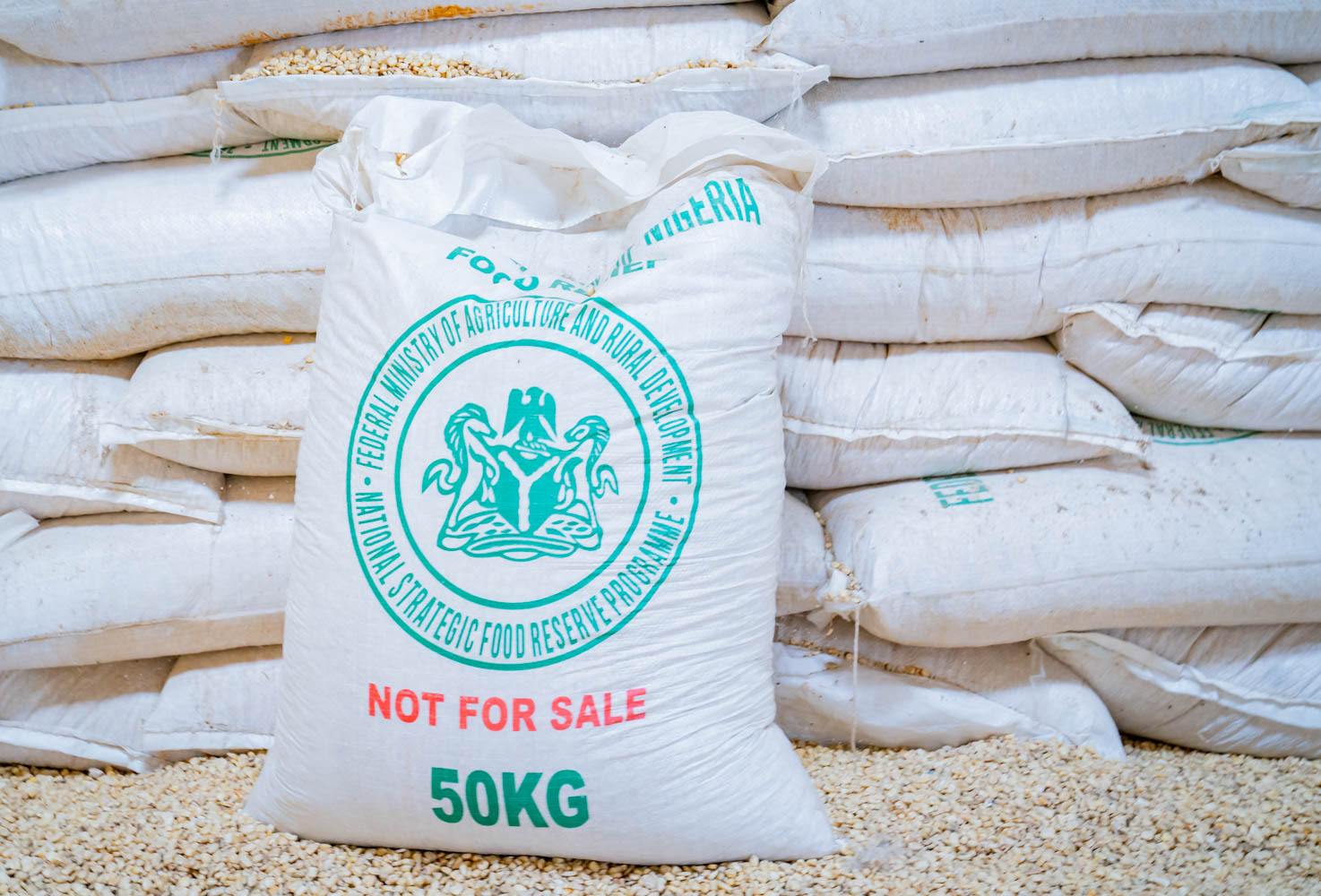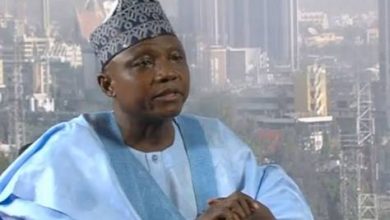
Putting food on the table is a duty of great importance to heads of households, their dependents who consume it, and governments that facilitate its abundant production, efficient distribution and availability at affordable retail prices. For these reasons, which require elaborate planning and skilfull organisation, the food matter is a serious one for all seasons and in all climes and for every leader of a jurisdiction.
And that is why the President Muhammadu Buhari-led administation is not taking chances on food matters. So to ensure that Nigerians have access to affordable good food of their choice, his administration came up with a strategy that encompasses many elements.
The elements include encouraging Nigerians to grow more of what they eat, instead of relying on importing foodstuff, some of which are of doubtful wholesomeness, from other countries. At a stage our land borders were closed to stop illegal rice importation. The President has directed the Central Bank of Nigeria to stop access to official foreign exchange by food importers.
One more of the ways in which the administration encouraged sufficient food production in the country is by rejigging the National Seeds Council to enable it make high-yielding seeds, seedlings and planting materials available to farmers. Just recently, the Council released eight improved rice, sorghum, maize and millet seeds varieties.
After a farmer has obtained certified and appropriate seeds, the next important input is fertiliser. The Federal Government knew that this is vital, therefore the Muhammadu Buhari-led administation facilitated the reactivation of dozens of fertiliser blending plants owned by state governments or private operators. It is under the Presidential Initiative on Fertiliser, which followed the signing of an agreement between Nigeria and Morocco in 2016. The government fixed the price of the fertiliser it branded through its agencies at the rate of N5,500 per 50kg of the commodity.
Beside those steps taken by the government, it revived the moribund National Agricultural Land Development Authority (NALDA) to prepare and make farmlands available to farmers. At least 100 hectres of land will be immediately cleared in each of the 774 Local Government Areas and Area Councils. A minimum of 1,000 farmers, mainly young, will be engaged under this scheme. Thus, 774,000 new farmers will be inducted into agriculture through this initiative. The farms will be serviced by special agricultural service centres. Some 50,000 tractors will be deployed around the country to support the massive expansion of food production.
“I have directed that all NALDA’s abandoned farm estates be retrieved to enable thousands of our young men and women to be engaged in farming. This Administration will be achieving agricultural mechanisation through this scheme and I am confident that Nigeria under my watch, will achieve food security by producing most of what we eat. In good harvest years we may even export our surpluses and earn foreign exchange,” the President said in a speech announcing the restoration of NALDA and the launch of the agricultural initiative for the youth.
As skills are essential in tending crops and the rearing of livestock, the Federal Government under the watch of President Muhammadu Buhari organised a Youth Farm Lab through the Federal Ministry of Agriculture and Rural Development to impart skills of livestock and urban sustainable agriculture to young farmers. The purpose is to ensure that the youth under the scheme treat agriculture as a business through which they can create wealth and become rich.
The Federal Government realised that while certified seeds, fertilisers, suitable land, farming skills and tractors can be available, it is impossible to use them and produce food without money. To provide financial support to the farmers, the Federal Government introduced the Anchor Borrowers Programme through the Central Bank of Nigeria. Under the scheme, about 350, 000 farmers were given loans to expand the production of rice, cotton, wheat, livestock, poultry, tomato, sorghum and more. The most obvious outcome of the programme is achieving 98 per cent self sufficiency in rice production within 24 months of its implementation.
The National Livestock Transformation Plan is yet another programme of the government aimed at ensuring that meat and milk can be put on the table by breadwinners. The Plan envisages the settling of livestock rearers and nomadic herders in ranch-like facilities where their livestock will feed on specifically grown fodder and receive full healthcare services from resident veterinary doctors and genuine medicine to produce healthier meat and highly nutritious diary products, as a strong home-grown meat and diary industry sprouts out of the Plan.
It will also curtail the marketing of unhealthy meat and save foreign exchange by minimising the importation of mostly unwholesome diary products. It can reduce farmer-herder conflicts. It can enhance the production of livestock for export to countries that have made inquiries about buying goats, sheep, hides and skins from Nigeria.
Cattle rustling, which has caused distress and bankruptcy among livestock farmers in the country in the last 25 years, will be reduced by keeping the animals in an organised and protected confinement.
Given the array of activities that were designed and implemented by the Muhammadu Buhari-led administation since it’s coming into office in 2015, Nigerians have witnessed a massive return to agriculture by millions of Nigerians. The outcomes of that are increased self-sufficiency in the production of food and agro-raw materials, less spendings on food importation and the deepening of interest in agriculture by youths all over the country.





